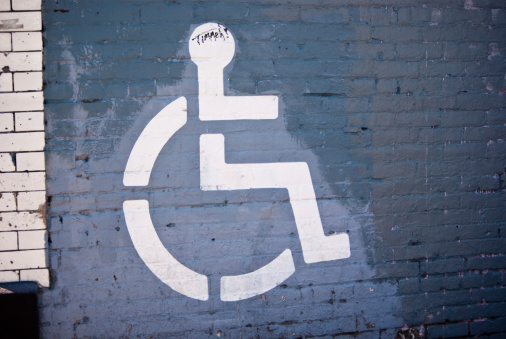High court lets stand ruling to reassign disabled workers to vacant jobs
Reprints
The U.S. Supreme Court on Thursday refused to reconsider a 7th U.S. Circuit Court of Appeals ruling that reasonable accommodation under the Americans with Disabilities Act may require employers to reassign employees to a vacant position when the employee cannot be accommodated in his or her current position.
In its September 2012 ruling in EEOC v. United Airlines Inc., the Chicago-based 7th Circuit reversed a lower court’s dismissal of the Equal Employment Opportunity Commission’s disability discrimination lawsuit and found that “the ADA does indeed mandate that an employer appoint employees with disabilities to vacant positions for which they are qualified, provided that such accommodations would be ordinarily reasonable and would not present an undue hardship to the employer.”
The EEOC’s suit accused the Chicago-based airline of violating the ADA by requiring qualified disabled workers to compete for vacant positions that they needed to continue working.
“Many times, reassignment is the reasonable accommodation of last resort and considered only when the employee cannot be accommodated in the current position,” William R. Tamayo, EEOC regional attorney in San Francisco, said in a statement.
“With the Supreme Court's denial of United Airlines' petition, we can now go back to court to try to prove that United's qualified disabled employees should be provided reassignment,” he said.
Read Next
-

Liberty Mutual introduces tools to aid ADA compliance
Liberty Mutual Insurance Co. has rolled out tools and resources on Americans with Disabilities Act compliance issues.